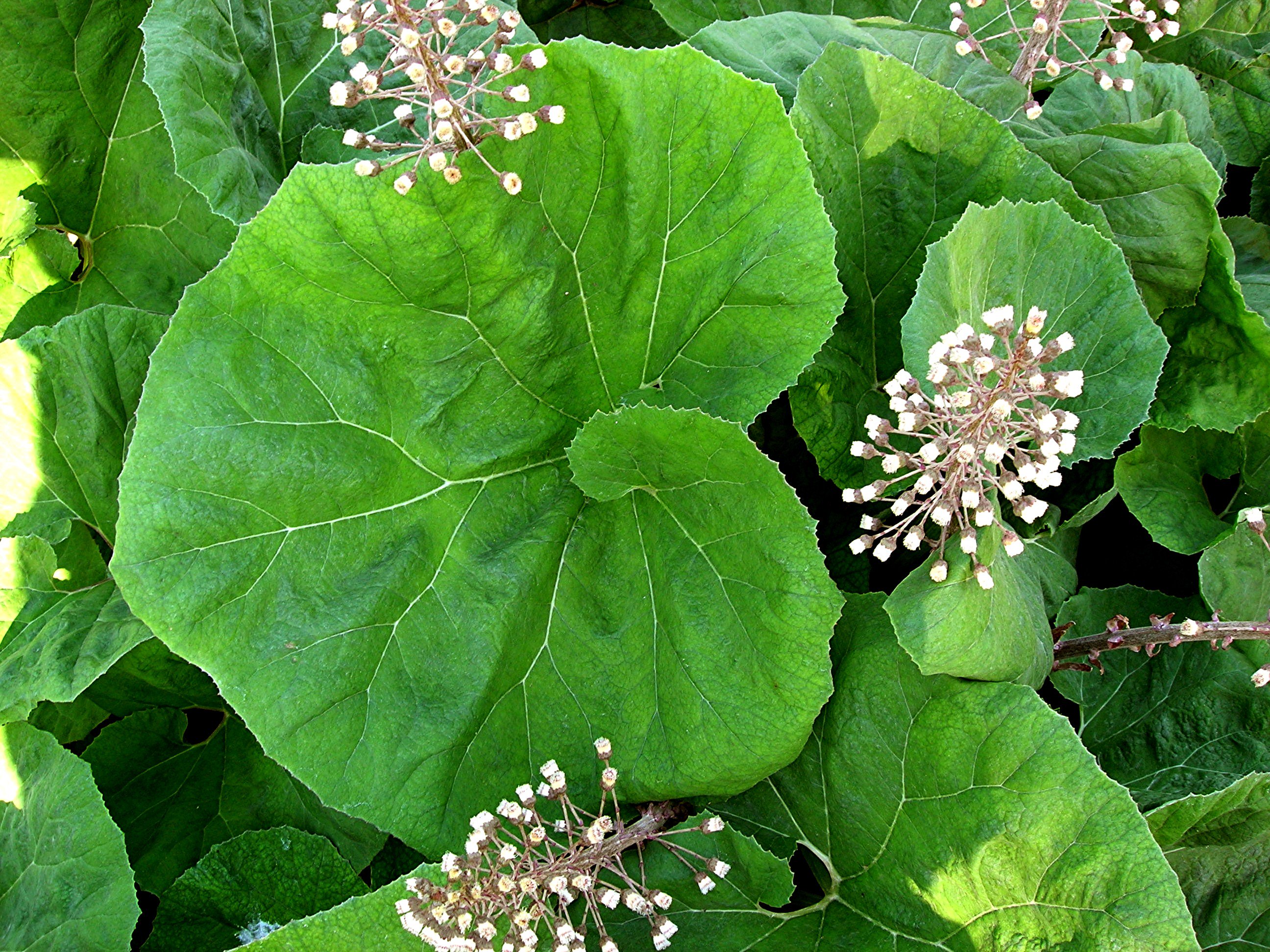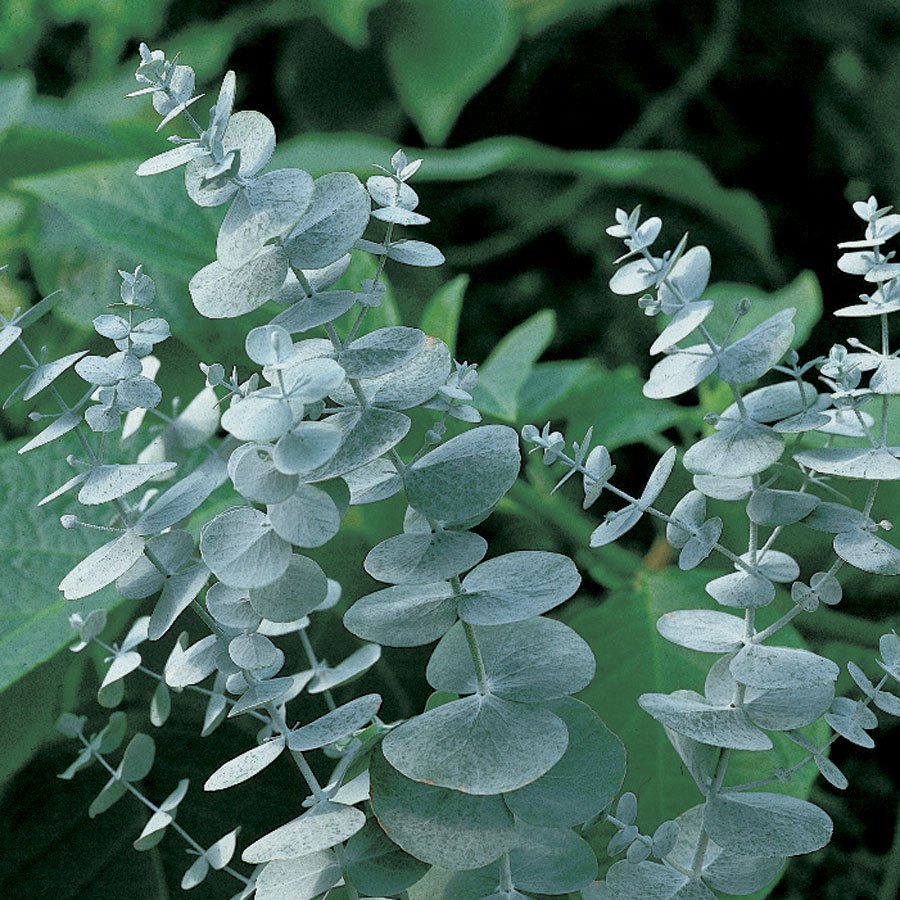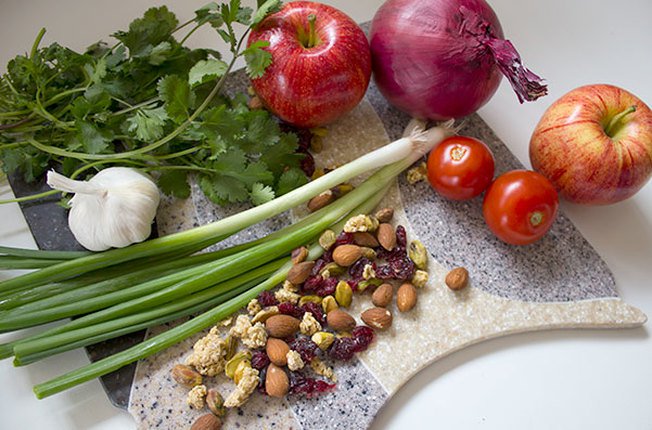
Fall is creeping up on us, and with it comes those seasonal allergies that some of us know all too well and drudge all the same. More people are opting out of using traditional medicine to treat allergy symptoms as they are costly and often leave people feeling unnecessarily drowsy and lethargic. “The biggest trend we see in allergies isn’t technology and it isn’t medicine — it’s the tendency to go for a more natural treatment,” says Brunilda Nazario, MD, a lead medical editor at WebMD.
If you’re also experiencing earlier than normal symptoms, there may be a reason for that also. “Climate change may actually be causing an earlier and longer fall allergy season,” said Dr. Stephen Tilles, president of the American College of Allergy, Asthma and Immunology (ACAAI) in an ACAAI news release. “In addition, windy days can mean heightened allergy symptoms, because wind can carry the pollen from ragweed, grasses and trees up to 100 miles from its source.”
To help minimize your seasonal allergies, Tilles suggests minimizing the growth of mold in your home by limiting moisture exposure. “Mold is nearly impossible to eliminate. It tends to grow wherever there is water, particularly basements, bathrooms and near sinks. Mold also lurks outside, even in piles of dead leaves. Use fans in the bathroom and clean up standing water right away. Scrub visible mold from any surfaces and ensure they are kept clean and dry. Keeping the humidity in your home below 60 percent and routinely cleaning gutters is also a good idea.”
In addition to mold, it’s probably best to stay away from pollen as best you can, “Ragweed and other pollens that trigger allergy symptoms must not be brought into your home. Be sure to take your shoes off when you walk through your door. If you’ve been outside working, exercising or playing, take a shower and change your clothes to wash off any pollen that sticks to your hair or body. Keep your home and car windows closed and use an air conditioner, particularly when pollen counts are high. If you are doing yard work, consider wearing gloves and a NIOSH-rated 95 filter mask. Those with severe allergies may want to avoid outdoor chores entirely.”

This information may make it seem like experiencing allergies are unavoidable but here are a few simple ways you can limit your exposure in addition to avoiding pollen and mold suggested by the ACAAI:
- Keep your windows closed at night and if possible, use air conditioning, which cleans, cools and dries the air.
- Try to stay indoors when the pollen or mold counts are high. If your symptoms are severe, wear a pollen mask if long periods of exposure are unavoidable. When you return indoors, take a shower, shampoo your hair and change clothes.
- Avoid being responsible for mowing lawns or raking leaves. This stirs up pollen and molds. Also avoid hanging sheets or clothes outside to dry.
- When traveling by car, keep your windows closed.
- Take any medications as prescribed.
Below are some natural alternatives you can try but like with all things, make sure to read the labels to ensure that you are able to use it and are using it properly. Some of these items can still come with side affects and may not be recommended to use while pregnant or breastfeeding.
Natural Alternatives
Butterbur

Butterbur is a herb that people use not only to treat allergies, but even migraines. They use the leaf, root, and bulb to make the medicine. One study showed that after only a week of being given butterbur tablets, participants showed significant improvement of their allergy symptoms and they contained smaller amounts of the allergy-producing substances leukotriene and histamines. Butterbur seems most effective to treat nasal allergies and can be administered as an oil extract or in pill form.
TIP: Confirm before purchasing any Butterbur products that they are certified and labeled “PA-free.”
Nettle Leaf

Stinging Nettles have often been used to treat a number of health concerns like UTIs, benign prostatic hyperplasia, joint pain, sprain and strain, insect bites and hay fever.
They can be used in many forms like tinctures, teas and topical gels but are most effective dried in a capsule. Because they are a natural antihistamine, they are very effective in blocking the body’s ability to produce histamine.
TIP: Doctors recommend taking a freeze-dried preparation before hay fever season begins.
Eucalyptus Oil
 Eucalyptus is a pretty easy scent to detect and as an oil, is highly effective in minimizing the symptoms of allergies as they are happening.
Eucalyptus is a pretty easy scent to detect and as an oil, is highly effective in minimizing the symptoms of allergies as they are happening.
A lot of respiratory medicines contain eucalyptus because of its antibacterial, antifungal, antimicrobial, antiviral, anti-inflammatory and decongestant properties. In a 2006 study, 14 essential oils were used to test the effectiveness of killing house dust mites, something most people are highly allergic to, and found eucalyptus oil to be the most effective. Not only that, when combined with a specific kitchen detergent, a high amount of dead dust mites also turned up.
Eucalyptus oil is great to have running in the day or through the night in your diffuser and if you’d like even more relief, try mixing eucalyptus oil with coconut oil and rub it on your chest and behind your ears.
TIP: A neti pot is also a great way to clear your sinuses during allergy season and if you choose to use it you can put several drops into your neti pot.
Quercetin
 Quercetin is a flavonoid antioxidant responsible for helping make those superfoods super. It is a natural compound found in cruciferous vegetables, onions/shallots, green teas and citrus fruit, and displays anticancer properties. It is also a potent antioxidant that is said to help reduce inflammation. Because quercetin stabilizes the release of histamine, it helps to naturally control allergy symptoms.
Quercetin is a flavonoid antioxidant responsible for helping make those superfoods super. It is a natural compound found in cruciferous vegetables, onions/shallots, green teas and citrus fruit, and displays anticancer properties. It is also a potent antioxidant that is said to help reduce inflammation. Because quercetin stabilizes the release of histamine, it helps to naturally control allergy symptoms.
In a 2016 study, quercetin was shown to be so effective that it can help calm down allergic asthma by reducing the hyperactivity of airways.
TIP: Start taking it about 4-6 weeks before allergy season to help prevent allergy symptoms.
Apple Cider Vinegar ACV is notorious for its many uses and we even highlighted them in a an article titled, 15 + Ways Apple Cider Vinegar Can Improve Your Life, and now we can add “allergy killer” to the list.
ACV is notorious for its many uses and we even highlighted them in a an article titled, 15 + Ways Apple Cider Vinegar Can Improve Your Life, and now we can add “allergy killer” to the list.
There are many ways you can utilize AVC in your allergy preventative routine. We’ve mentioned a neti pot before and how great it is at clearing the nasal passages of allergens and irritants, and in addition to the saline rinse, you can try adding 1 teaspoon of ACV at the first sign of an allergy attack. You can also mix a teaspoon of ACV into a glass of water and drank this three times a day.
TIP: Make sure that when you buy ACV it is raw (not pasteurized), certified organic and contains “The Mother”; a colony of beneficial bacteria.
Preventatives
Probiotics
 When there is an imbalance in our immune system, it is due to the proportion of the antigenic stimuli. Generally speaking, the healthier you are with a strong immune system, the less likely you are to develop allergies to begin with, and studies have shown that more than 80% of your immune function is stored in your gastrointestinal (GI) tract. So when you have beneficial bacteria in your gut, it’s likely you’ll experience reduced effects of allergies, which is why probiotics play a great role in helping to ward off allergy symptoms.
When there is an imbalance in our immune system, it is due to the proportion of the antigenic stimuli. Generally speaking, the healthier you are with a strong immune system, the less likely you are to develop allergies to begin with, and studies have shown that more than 80% of your immune function is stored in your gastrointestinal (GI) tract. So when you have beneficial bacteria in your gut, it’s likely you’ll experience reduced effects of allergies, which is why probiotics play a great role in helping to ward off allergy symptoms.
Research has found that pregnant mothers who regularly took probiotics reduced their child’s risk of developing allergies. In a 2007 study published in the Journal of Nutrition, non-pathogenic E. coli was administered to infants to stimulate their immune systems and at 10 years old and 20 years old, these children suffered from significantly fewer allergic diseases.
TIP: Consume fermented foods like sauerkraut or drink kombucha to help build your gut bacteria. Otherwise, a capsule daily should work just as well.
Local Raw Honey
 Consuming local raw honey has not only been shown as a great preventative, but even helps to mitigate symptoms as they happen. Health blogger Mark Sisson experienced this firsthand when he bought raw local wildflower honey from a vendor on a camping trip after experiencing a bought of day fever. After consuming it on the hike, the next day he found his symptoms were 75% better.
Consuming local raw honey has not only been shown as a great preventative, but even helps to mitigate symptoms as they happen. Health blogger Mark Sisson experienced this firsthand when he bought raw local wildflower honey from a vendor on a camping trip after experiencing a bought of day fever. After consuming it on the hike, the next day he found his symptoms were 75% better.
Aside from anecdotal evidence, studies have been found to confirm the theory that consuming local honey from where you live will help you build a tolerance to allergens in the environment there. In 2011, subjects who were allergic to birth pollen were asked to ingest birch pollen honey and found that, “a 60% lower total symptom score, twice as many asymptomatic days, and 70% fewer days with severe symptoms, and they used 50% less antihistamines compared to the control group,” than those who took conventional medications.
TIP: Start ingesting a spoon of local raw honey a month before allergy season starts and continue to do so for the rest of the season.
As previously mentioned, a strong immune system really helps in the fight against allergies. In addition to diffusing your eucalyptus oil, you can also try frankincense oil as it can boost the immune system. Research also suggests acupuncture can help those who suffer from hay fever as it curbs inflammatory immune-system substances involved in allergic reactions.
Get Your In Depth Numerology Reading
Your life path number can tell you A LOT about you.
With the ancient science of Numerology you can find out accurate and revealing information just from your name and birth date.
Get your free numerology reading and learn more about how you can use numerology in your life to find out more about your path and journey. Get Your free reading.
Source Article from http://feedproxy.google.com/~r/Collective-evolution/~3/xHB-9S4KDcI/
 RSS Feed
RSS Feed















 September 6th, 2017
September 6th, 2017  Awake Goy
Awake Goy 
 Posted in
Posted in  Tags:
Tags: 













